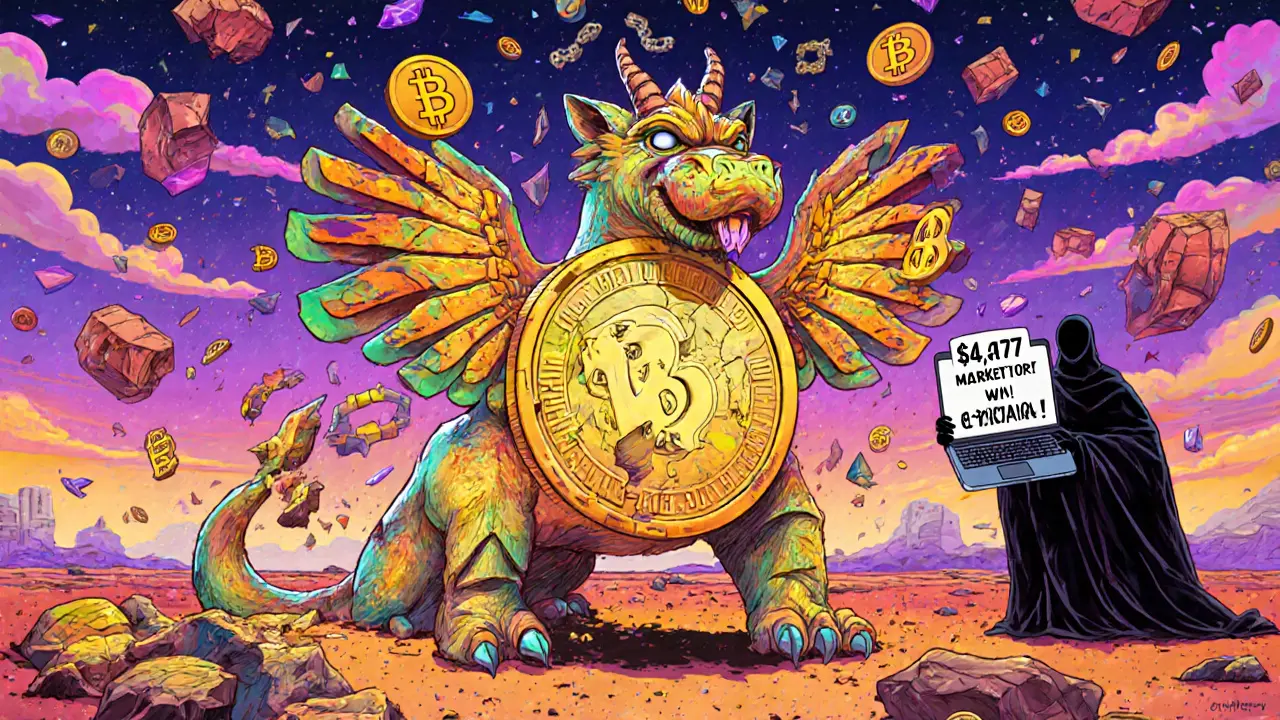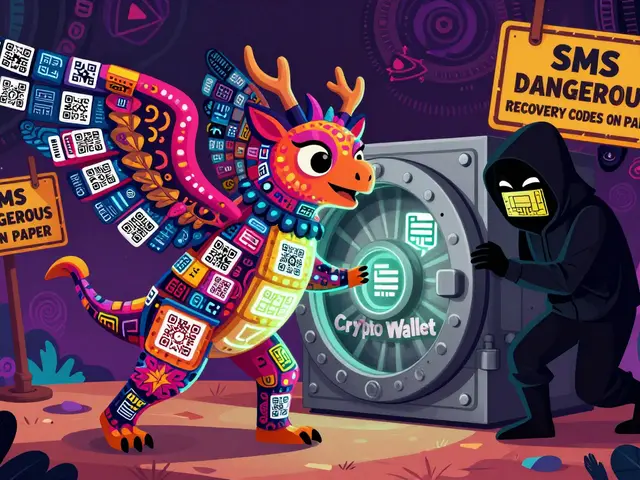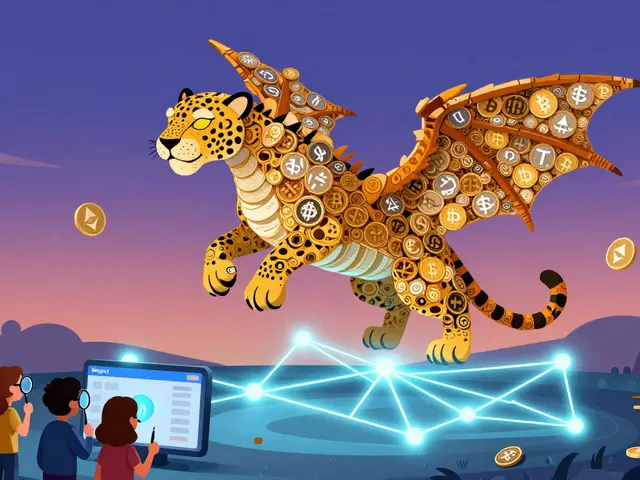DeFi Exchange: How Decentralized Trading Works and Which Platforms Actually Deliver
When you trade on a DeFi exchange, a blockchain-based platform that lets users swap crypto directly without a middleman. Also known as a decentralized exchange, it removes banks, brokers, and account freezes by putting control back in your hands. Unlike centralized platforms like Binance or Coinbase, a DeFi exchange runs on smart contracts—code that automatically executes trades when conditions are met. You don’t deposit funds into a company’s wallet. You connect your own wallet, like MetaMask, and trade directly from your device. That means no KYC, no account freezes, and no one can take your money unless you sign the wrong transaction.
But not all DeFi exchanges are built the same. Some, like SushiSwap, a cross-chain DEX with yield features and a beginner-friendly interface, let you swap tokens across Ethereum, BSC, and Avalanche in one place. Others, like Paradex, a zero-fee DEX on Starknet built for derivatives trading with zk-privacy, focus on advanced traders who want high leverage and stealth. Then there are smaller ones like ProtonSwap or KyberSwap Classic—transparent but limited in token choices. The key difference? Liquidity, speed, and whether the platform actually solves a real problem. A lot of DeFi exchanges look fancy but have zero volume, fake liquidity, or hidden fees buried in gas costs.
What you’ll find in this collection aren’t hype-filled reviews or vague comparisons. These are real breakdowns of platforms that actually work—or don’t. You’ll see how SushiSwap rewards liquidity providers, why Paradex is gaining traction among institutional traders, and why KiloEx is only for experienced users who understand high-leverage risk. You’ll also learn about tokens tied to these platforms, like SUSHI and KILO, and how some projects—like the abandoned LACE airdrop or the ghost token EVERETH—look promising but vanish overnight. This isn’t about chasing the next meme coin. It’s about understanding what makes a DeFi exchange trustworthy, usable, and worth your time in 2025.










